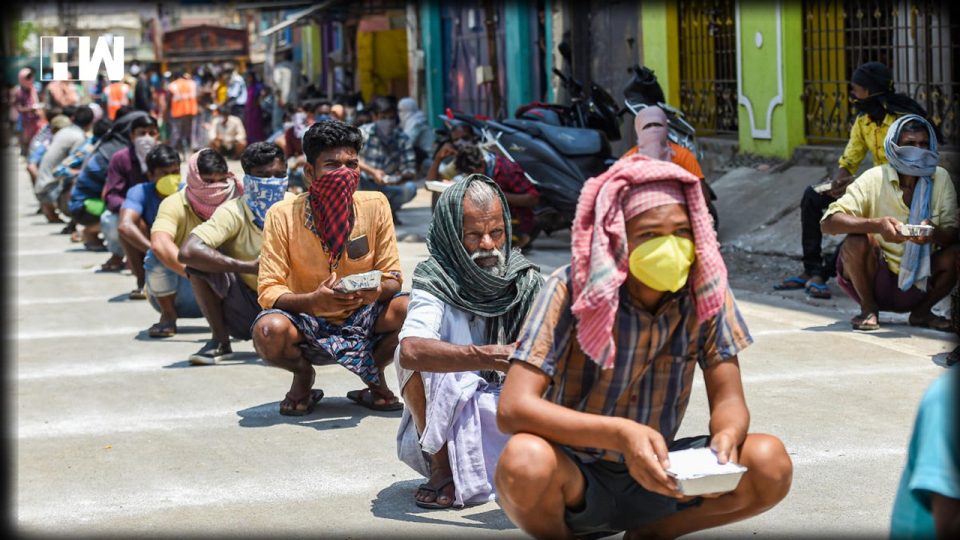Many lockdown hit firms have stated the inability to pay wages in full or in part, and with longer working hours counting as overtime, the stress will rise
New Delhi: As the 2nd phase of COVID-19 lockdown is scheduled to end, millions of workers face the possibility of returning to longer working hours. At last count, at least 6 states have announced laws increasing working hours from the currently mandated 8 hours per day to 12 hours per day.
The governments say the purpose is to assure that companies can operate with fewer workers and decrease the number of shifts while meeting targets.
The Rajasthan government, which announced on April 11 continuing working hours for three months, says this would allow businesses to run activities for six days with a reduction of 33% capacity of “people passing through the facility”.
Other states that have established similar rules include Gujarat, Haryana, Madhya Pradesh, Punjab and Himachal Pradesh.
But questions linger over if the workers will be paid for the extra hours. As per the Rajasthan rules, the additional 4 hours will be calculated as overtime.
Also Read: Reliance Industries Announces 50% Pay Cut, Mukesh Ambani To Not Take Any Pay
The Gujarat government, which passed its guidelines on April 17, said payments for the extra hours will be in proportion to existing salaries. The rules also say that workers must be given a break after six hours.
But many lockdown-hit companies have declared the failure to give salaries in full or in part.
Chandan Kumar, coordinator of the Working Peoples’ Charter, a Delhi-based collective of workers’ organisations said “The eight-hour shift was won after years of struggle by working-class movements. It cannot be changed arbitrarily by governments. The changes are illegal, and can be challenged in court.”
As an independent media platform, we do not take advertisements from governments and corporate houses. It is you, our readers, who have supported us on our journey to do honest and unbiased journalism. Please contribute, so that we can continue to do the same in future.

